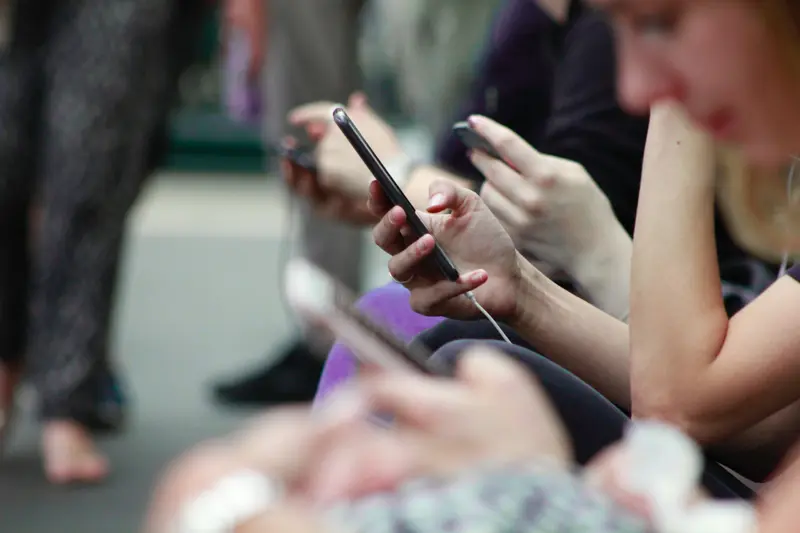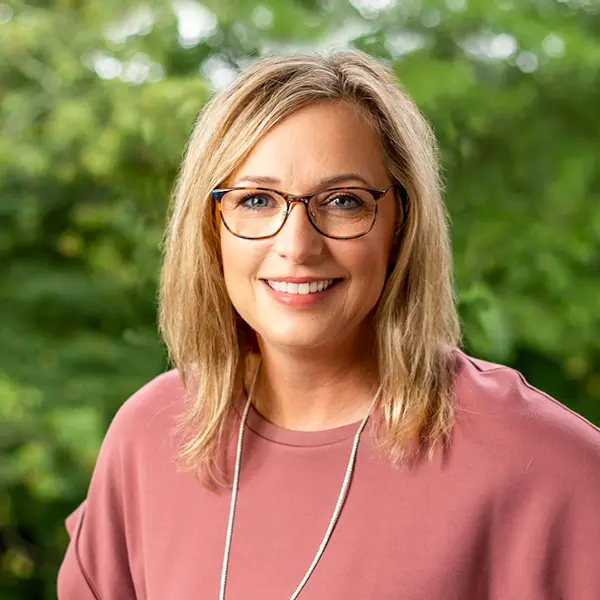
“Get off the phone!” “Turn off the TV!” These phrases echoed through my childhood home as my parents implored me to focus on my school work.
Inspiring our kids to perform academically has never been easy, but the challenges today are different, and in some ways harder that youth growing up in the 70s 80s or even the 90s. Where before there was a clear dividing line between applying oneself (going to the library, reading a book, working on a worksheet) and distraction (looking out a window, watching TV, or listening to music), these two types of activities have converged behind a screen.
For students, “multitasking” is often looked at as a virtue if not a required skill. However a quick review of research literature reveals that while many of us believe we can effectively multitask, almost none of us can. Worse, while we think we’re multitasking, we’re likely to take longer to do our work and make far more mistakes. This problem is compounded for students with their homework in one window with email, Skype, Twitter, Facebook, Instagram and Snapchat waiting in the wings.
Screen time is not only overlapping school time, but also social time. As parents seem less and less willing to let their children go outside or visit with a nearby friend (and friends become less accessible as sidewalks become the exception rather than the rule) socialization moves out of the neighborhood and into the Internet in the form of texting, social media, and multiplayer online games.
The screens aren’t going away, but that doesn’t mean that students and parents are powerless to change the emerging fusion of school, entertainment, and socialization. Here are a few ideas that can make a big difference in students’ lives.
For Parents
- Be an example of mindful technology use. Decide when you will and won’t use your phone, your tablet, or your laptop when other activities are priority. Most of the time our kids do what we do, not what we say.
- Set boundaries and rules for devices in the home. When and where are phones allowed? When is bedtime? Is answering emails or texts okay past a certain hour? The Internet’s answer will always be “yes,” “everywhere,” and “all the time” to these sorts of questions unless you decide differently.
- Earmark time for rest and play. Youth often turn to technology to distract themselves from the demands of their academic and social lives. Performing well in the hyper-competitive, high-stakes academic arena requires energy, attention and motivation. All three of these valuable commodities wither when a student’s life becomes an unrelenting grind.
- Location matters. Consider putting student’s computers in public space rather than in their rooms. This helps them stay accountable and keeps you in-the-know about their digital lives.
For Students
- Recognize and inventory all the ways that your attention can be hooked. Texts, skypes, phone calls, emails, and social media alerts. How many of these interruptions hit you every hour? On reflection, how many are worth it?
- Consider completely disconnecting for a set period of time. Maybe it’s one day a week (maybe Sunday) or an hour in the evening. Compare how you feel connected as opposed to disconnected.
- Try mono-tasking your work. See what changes in terms of speed and quality of work when you apply your undivided attention.
You Don’t Have to go it Alone
I specialize in helping students and their families navigate the evolving technological landscape to succeed academically and socially. I hope the tips above are helpful to you, but if you’d like to learn more or work on specific issues with your student, please reach out to me at Northeast Georgia Counseling at 770-271-5040.


